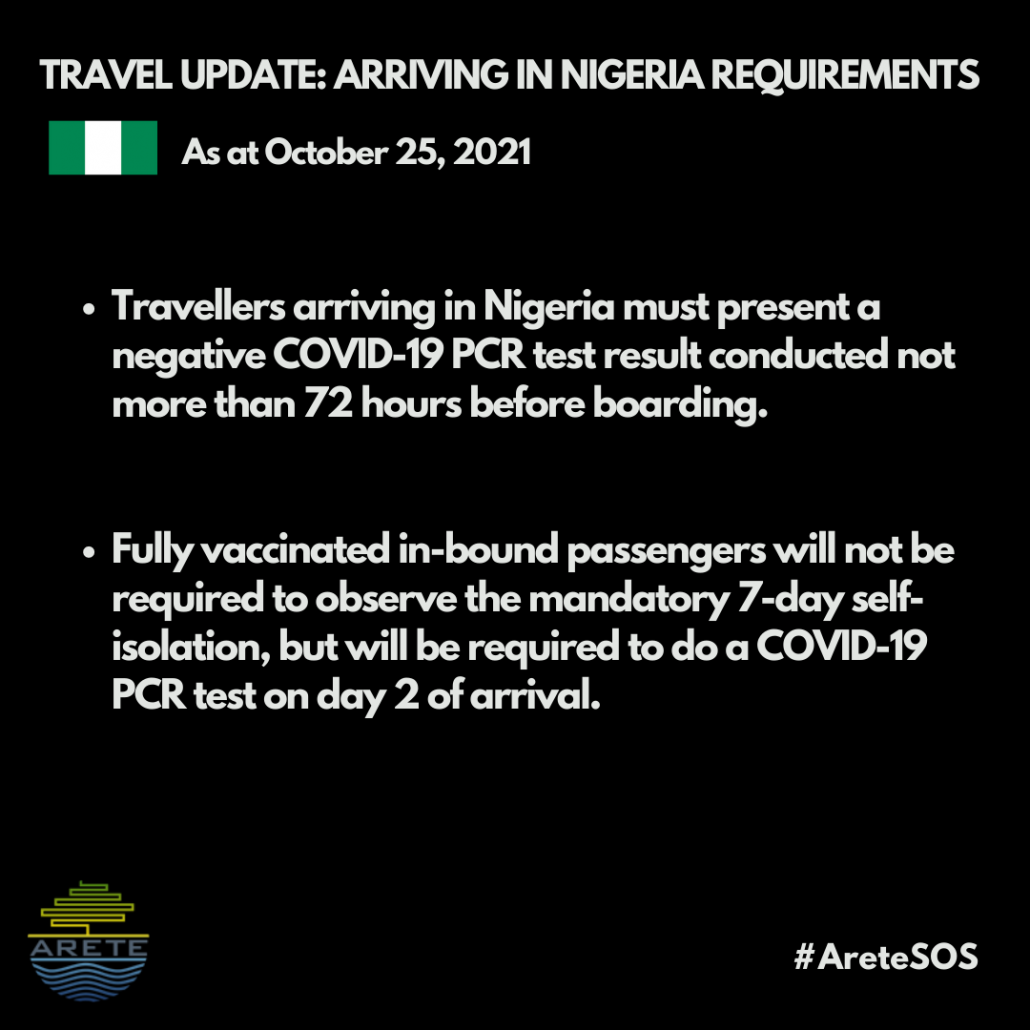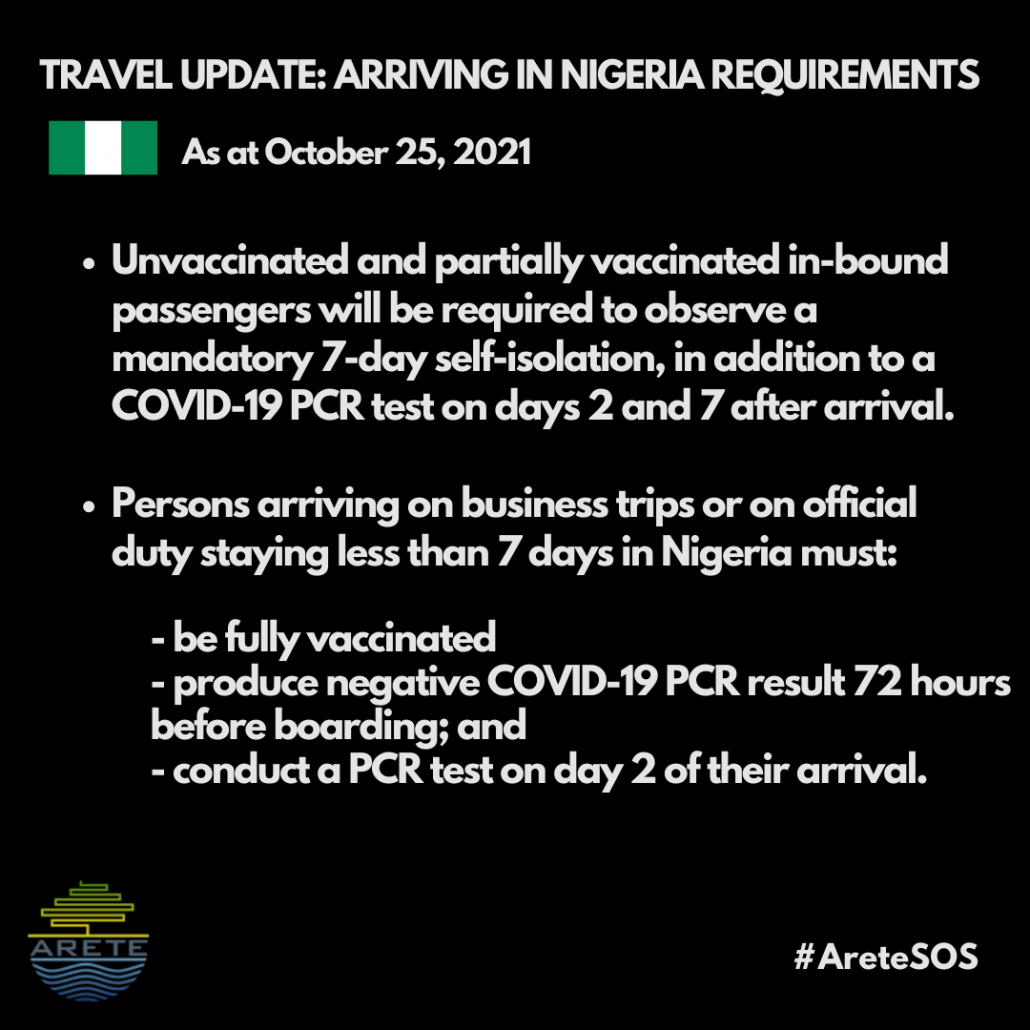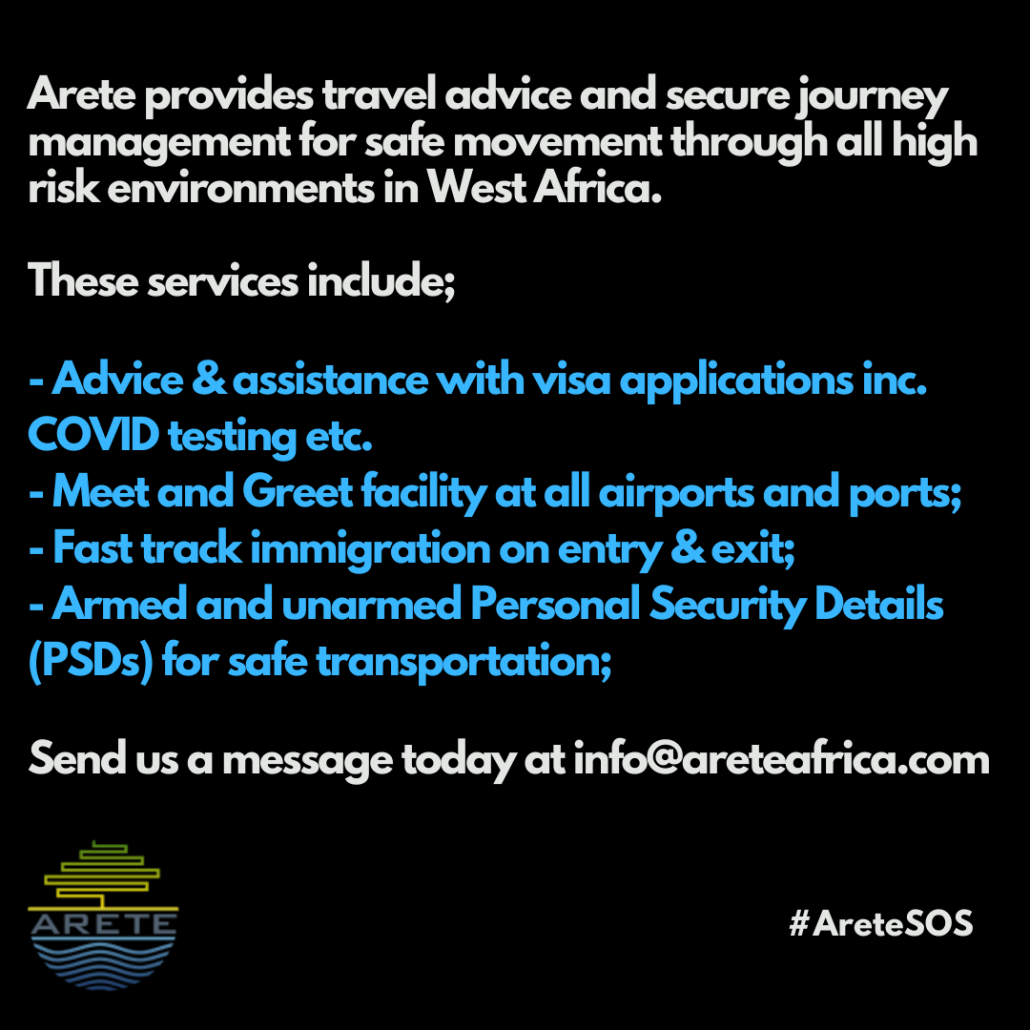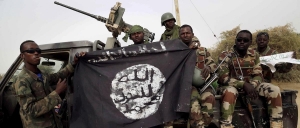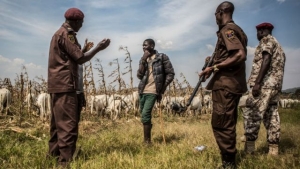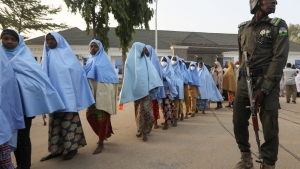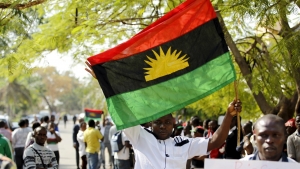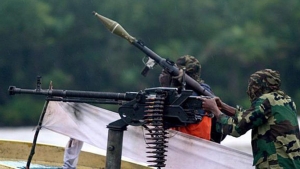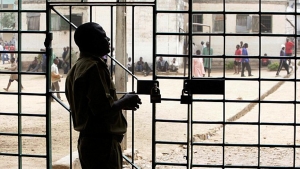Piracy Drop reports from Gulf of Guinea – Is this Progress?
There is a general acceptance among maritime security analysts that the Gulf of Guinea has witnessed a reduction in piracy and maritime crime in 2021 as compared with previous years.
The International Chamber of Commerce’s International Maritime Bureau (IMB) reported that in the month of June 2021 just four incidents of successful or attempted attacks on vessels were reported. This compares very starkly with the same month in the previous four years which saw 13 incidents in 2017 and 31, 21 and 14 incidents in 2018-2020 respectively.1
The Maritime Domain Awareness for Trade: Gulf of Guinea (MDAT) biannual report for the first half of 2021 listed a total of 38 incidents in the region. This compares favourably with the total of 68 reported for the equivalent period in 2020.
Despite this apparent fall in the number of incidents, the Gulf of Guinea is still the most active hotspot in the world for maritime kidnapping and hijacking. Data held by Arete analysts indicates that in 2020, more than 150 mariners were abducted in the region, 99 of which were abducted in the waters of countries other than Nigeria. Thus far, in 2021, the same data shows that 56 mariners have been abducted from vessels outside Nigerian waters and 13 taken from passenger boats on the Bonny River. This apparent elimination of maritime kidnapping from Nigeria’s coastal waters is a very positive development, However, the long-range attacks continue to persist.
The key question is whether this is an anomaly or a reflection of a significant change in the threat levels in the region. If we look just at open-source statistics, there does appear to be a significant reduction in the levels of activity. But is that the whole picture?
IMB Statistics show a total of 22 incidents reported in 2021 in Nigerian waters. Data gathered by Arete analysts for Nigerian waters show a total of 7 (7) in January, 5 (6) in February, 4 (7) in March, 1 (2) in April, 1 (3) in May, 1 (2) in June, 1 (2) in July, 1 (1) in August and 2 (0) in September. Note: the number in brackets shows the number of incidents recorded by Arete in the region outside Nigerian territorial waters and Economic Exclusion Zone.
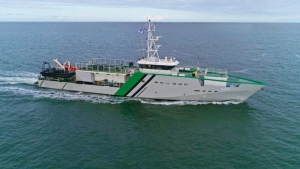
This very quick comparison of statistics reveals a fundamental problem in the reporting of security incidents – that of definitions and categorisation. The United Nations Office on Drugs and Crime (UNODC) records incidents using a methodology very similar to that used by Arete 2 and includes riverine activity on navigable inland waterways as well as distinguishing between coastal waters and deep offshore activity.
In contrast the IMB only records incidents against ships that are internationally registered and therefore almost all the riverine activity and much of the activity in territorial waters continues to go unrecorded. This is an important consideration, as many groups that use riverine crime to build up their funds and to obtain additional boats and engines then progress to attacks on commercial vessels in coastal waters. Thus, the overall picture serves to generate sometimes valuable warning and indication of an emerging capability for a group that will then expand its operations to impact on commercial shipping. Additionally, a lot of activity against commercial fishing vessels occurs inside the 12-mile limit and many of these incidents are unreported as the vessels are only locally registered.
While these different methodologies and reporting criteria serve their own purpose in that they support the information requirements of the bodies compiling the data, the resultant understanding of the threat can sometimes vary quite significantly. Whilst this might lead to varying perceptions concerning the rate of criminal activity, there is a consensus among analysts that the overall levels of reported activity have fallen quite significantly in 2021. So why is this?
Causes
Under-reporting of activity is complex. It can be driven by variables in reporting criteria from one organisation to another. However, and of greater significance, it can also reflect systemic weaknesses in the platforms and communications channels used to report activity. Furthermore, there are commercial and sometimes political factors that also result in under-reporting of incidents.
Commercial shipping is vulnerable to heavy costs if a vessel is delayed in a port. Thus, many incidents are reported to a vessel’s Company Security Officer but not to a local port authority. The concern is that a vessel could be delayed for considerable periods if it is declared a scene of crime by a littoral state’s law enforcement bodies. Furthermore, a vessel’s history and projected routes will be factored in to setting insurance premiums. Even crewing costs might be affected if a vessel has an established history of incidents.
It is sometimes speculated that littoral states manage the threat picture very carefully to manage costs of shipping goods through busy ports. There is currently great concern among politicians and maritime bodies in Nigeria that the continuing application of War Zone surcharges against commercial shipping insurance disadvantages their maritime trade and impacts on the onshore economy as costs are passed on to customers.
The above factors can generate a picture that falls short of the reality and security analysts have for several years believed that the actual rate of incidents involving shipping is significantly greater than that reported in open sources.
The UNODC raises the question of whether there has been a reduction in the levels of support offered to the pirate and criminal gangs among their host riverine communities in the Niger Delta. This is an interesting consideration as all piracy emanates from onshore communities. The UNODC report points out that the riverine armed robbery gangs have a different relationship with host communities, compared to a gang operating deep offshore. The latter will often disburse some of their profits among sections of the community, thus buying favour, whereas a riverine armed robbery gang will often have a heavy negative impact on its host or neighbouring communities.
This is reflected in Rivers State where, in July 2021, after a hiatus of 7 months, we witnessed the return of armed attacks against passenger boats on the Bonny River. The impact on travellers using the waterways is heavy, with deaths, abduction and financial loss being the normal consequences of such attacks.
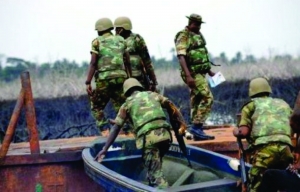
We have also seen an evolution in the capability and behaviour of the more organised criminal gangs. The UNODC report speculates that between four and six organised crime groups (OCGs) now operate deep offshore, conducting most of their attacks outside the Nigeria EEZ in the waters of neighbouring countries, or international waters. This reflects the acquisition of vessels that are now used as motherships, which reflects the vastly increased levels of investment into the equipment and vessels required by the gangs to operate at such distances.
The implication is that the gangs now have serious backers with deep pockets. It is likely that these funds originate in the huge amounts of money disbursed by the Federal Government of Nigeria as part of its Niger Delta Amnesty program as well as the multi-million-dollar contracts awarded to companies owned by former Niger Delta militants.
The increased operating range of these groups, as well as the higher capacity to take and detain abducted mariners on mother ships, means the gangs have also evolved their modus operandi but also their expected revenue streams. Thus, ransom rates for mariners kidnapped deep offshore have been inflated and now far outstrip the ransom rates for riverine passengers and mariners abducted in inshore waters.
We have witnessed a significant change in the operating range of Nigeria based pirate groups in the last two years. They now readily operate around 200NM from nearest landfall. These groups have much greater endurance and can remain at sea for weeks rather than hours or days. They have also, as described above, acquired the capacity to hold greater numbers of abducted mariners, which means the same group might now be responsible for multiple attacks within a single operation. These groups will attack opportunistically when in transit between their long-range operating area and their home bases in Nigeria. However, this increase in range sometimes leads to a misperception that the threat is somehow decoupled from the overall threat in Nigerian Waters whereas in reality, it is a significant increase in the severity of the threat.
The capacity and confidence to hold larger numbers of captives at sea for prolonged periods has generated a kidnapping trend which contradicts the overall incident trend numbers. The number of mariners abducted in the region has steadily increased, with data from the MDAT showing the total number of abductees increasing from 37 in 2015 through 54 (2016), 60 (2017), 99(2018), 146 (2019), and 142 (2020).
This contrast with the falling overall number of incidents indicates a shift in targeting and the ‘business model’ adopted by the pirates. Clearly, their aim now is to acquire funds through fewer operations that have a higher capacity to generate revenues – more abductees per incident.
Ransom values have also increased substantially when associated with the long-range pirate groups, with ransom payment more than 10 times the 2008 value according to data provided by UNODC. A further indication of the increasing sophistication of the kidnapping industry is evidenced by a single reported case of a ransom demand being made using Bitcoin as the payment currency.
This use of mother ships allows the gangs to reduce their time at sea and allows them to operate in areas where the indigenous navies have lower capabilities than those of the Nigerian Navy, both of which reduce their exposure. This operating profile also allows them to operate a more advantageous economy of scale than previously. The overall effect is to make their ‘businesses’ leaner and more profitable.
If we separate the activities of these deep-water groups and focus on inshore piracy and armed robbery, we see a slightly different picture. While the deep offshore threat is expanding, that of the inshore gangs seems to be contracting. Setting aside the problem of under-reporting, there does seem to have been a reduction in activity levels. We have seen almost no reports of boardings in the Lagos anchorage and few reports of similar activity in the ports of Lagos or Onne. Furthermore, there is a significant reduction in reported attacks on coastal shipping and riverine commerce. So, what has changed?
The Nigerian Government and Nigerian Navy have attributed this significant change to the program of equipment procurement for the Navy and the launch of the Deep Blue project, which is claimed to have the capability to monitor coastal activity along the entire seaboard of the country.
The commissioning of the Deep Blue system may well have had an effect on the maritime dynamic in Nigeria’s coastal waters, particularly the integrated surveillance and response capability that has the potential to change the operating environment for both commercial shipping and maritime criminals.

It is still probably too early to say conclusively whether its launch has achieved the aim and it might be that the reduction in coastal activity levels is entirely coincidental and driven by other factors. We have yet to see the system’s full capability demonstrated in a coordinated interdiction of a criminal group, but we cannot rule out the possibility that its mere existence has served to deter criminals from going to sea.
In time, as the various maritime bodies in Nigeria learn how to operate the system to its optimum capacity, we might see the coastal waters actively patrolled and aggressive, intelligence-led interdiction of maritime criminals at sea. The system will only come into its own however if it is fully integrated with other capabilities – onshore intelligence gathering and security forces operations to disrupt or detain criminal gangs. To achieve this, the Nigerian authorities will need to overcome inter-agency rivalries and generate truly integrated operations based on intelligence fusion centres and agile decision-making structures that can deploy the right response, to the right place, in the right timeframe.
One other factor that has possibly impacted on the overall security of the region is the ever-increasing international interest in the region. 2021 has seen the deployment of several foreign naval assets to the region, including warships from Italy, France, the USA, and most recently from the UK. HMS Trent recently arrived in Lagos with a team of Royal Marines on board (see our previous article here). The latter specialise in cross-decking, boarding, and interdiction operations. It is intended that they will conduct several training exercises with indigenous navies during their five-country, three-month deployment. This reflects the UK government’s acknowledgment of the region as a strategically vital region for commerce. Japan has also pledged to invest $260,000 in training and other programs to support efforts to combat piracy in the region.
Regional cooperation and information sharing among indigenous navies is evolving – but very slowly. Numerous summits have been held over the last decade, and they invariably conclude with ambitious statements about international cooperation. Unfortunately, as genuine as these ambitions are, they are rarely enabled; protectionism and vested interests undermine the results. However, there is an incremental improvement in the amount and effectiveness of international cooperation. This is driven by economic reality and, over time, will generate greater effectiveness in cross-boundary/border operations.
Other factors should also not be ignored, and these include the links between criminality and the electoral cycle in Nigeria. Historically, as an election approaches, acquisitive criminal activity increases. This is true of the maritime domain as well as onshore, with historical links between spikes in inshore criminal activity and the generation of electoral funds for some campaigners in the coastal states of the country. Currently, Nigeria sits in mid-term, which has generally seen a lowering of maritime criminal activity. However, as the next election approaches, we should expect to see an increase in robbery, hijacking and kidnapping in Nigeria’s waters.
Additionally, we have recently seen greater efforts by the courts of Ghana and Nigeria to pass down meaningful sentences to criminals convicted of acts of piracy and maritime armed robbery (see our piece on a recent Togolese court ruling here). Whilst it is normally the low-ranking ‘foot soldiers’ who are captured and tried, the imposition of long jail terms on those convicted might serve to loosen tongues and reveal the sponsors and patrons behind the pirate gangs. In the short term, this could weaken the resolve of the low-ranking actors and serve as a warning to the men in the background. In the long term, this could result in the exposure of a senior sponsor behind one of the gangs – although any resultant prosecution would require considerable political will if the prosecution is to be successful.
While there does appear to be a reduction in piracy according to open-source data, anecdotal information suggests that significant numbers of incidents are not reported. It is not possible to say whether this reporting gap is contrived or simply attributable to systemic challenges. It is also hard to say whether the under-reporting has escalated, although the percentage of successful attacks within those reported has increased, which would indicate again that more are not being reported. What can be determined is that the threat to mariners in the region remains severe, with the risk of kidnapping being higher in Gulf of Guinea waters than anywhere else in the world. Additionally, the region hosted all of the world’s hijackings in 2020-21.
Finally, as we approach the end of the year, we should expect to see the annual trend of a spike in maritime criminal activity in the run-in to Christmas and other end-of-year festivities. The next few weeks will be informative insofar as if the downward trend is maintained then we might need to consider the possibility that a fundamental shift has occurred. However, if we see a spike in activity, it might suggest that the reduction in activity rates this year might be anomalous or just a temporary lull.
Therefore, Arete recommends that commercial shipping organisations maintain their existing states of preparedness and countermeasures. Ship Security Officers and Company Security Officers should ensure their vessels are compliant with the requirements of the ISPS Code and adhere to the recommendations enshrined in Best Management Practices 5. Arete is ready to assist and support with our full range of maritime risk management solutions – including Security Operations Support provided from our 24/7/365 Joint Operations Centre located in Lagos, Nigeria.
[1] ICC IMB Piracy and Armed Robbery Against Ships: Report for the period 01 Jan 2021 – 30 Jun 2021
[2] UNODC – Pirates of the Niger Delta: Between Brown and Blue Waters

